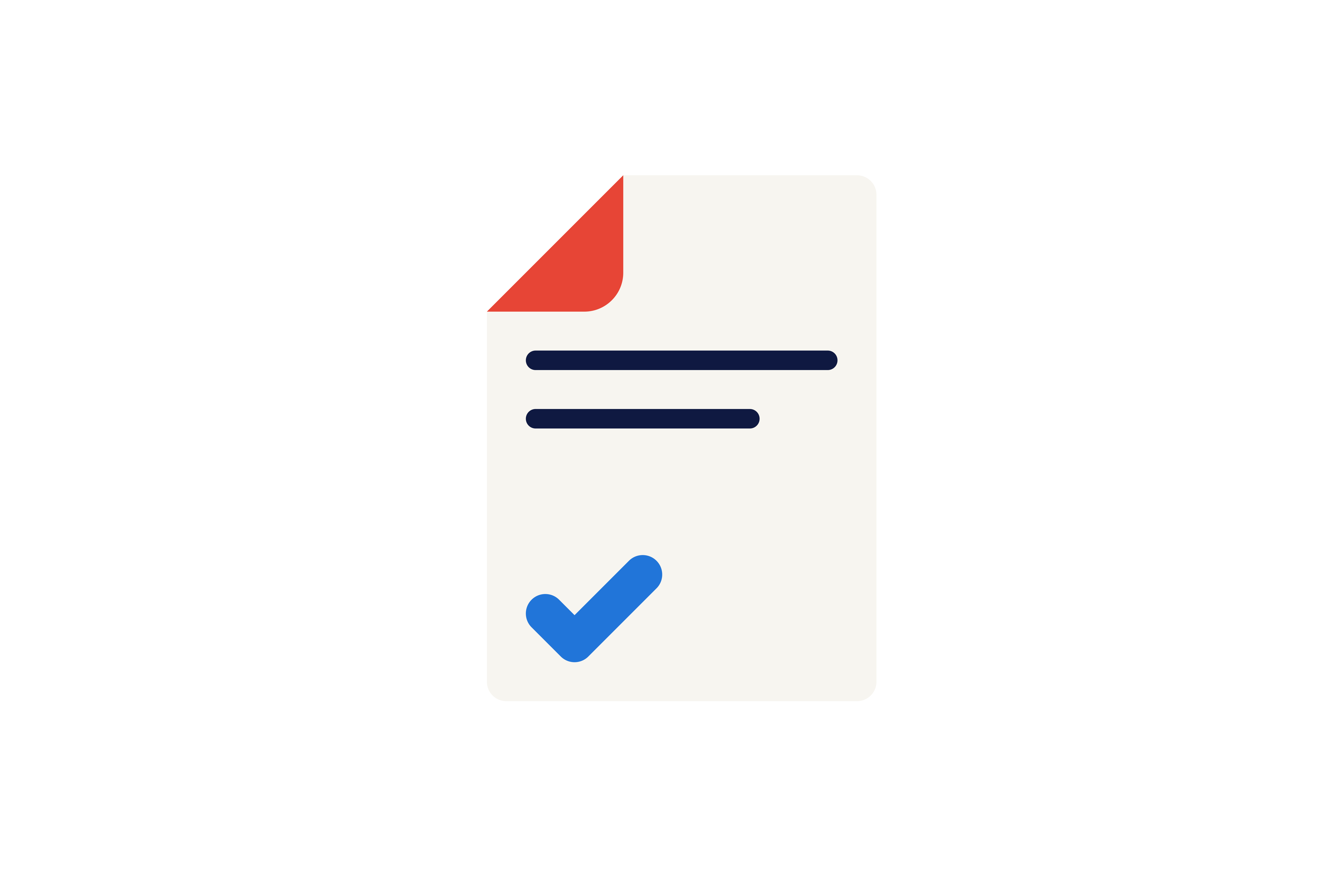A common mistake job seekers make is spending lots of time finessing their resumes, only to forget to include a cover letter as part of their application.
As a job seeker, you should never neglect to include a cover letter.
Cover letters are often the most under-utilised tool in a job seeker's arsenal. Understanding the secrets of writing a great cover letter is almost as important as your resume.
As much as you may hate the thought of having to write one, your cover letter provides you with the perfect opportunity to summarise specifically what makes you stand out as the number one applicant for the job you are applying for.
Here, you can outline to your potential employer what makes you an excellent fit for the role and the company.
You can express your personality and give the hiring manager an idea about you as a natural person, not just your skills and expertise.
Writing a poor cover letter (or, even worse, not writing one at all!) can negatively impact how your resume is perceived.

generally, cover letters should
- be tailored to be explicitly read by the hiring manager advertising the role
- show that you have read the advertisement carefully, considered it and understand what is required of you as the potential employee
- be concise and well-structured, clearly linking your experience with the advertised position's requirements.
- in length, be kept to around five paragraphs at most
- be positive and confident, compelling the reader to look at your resume. speak the language of the hiring manager
- provide a call to action prompting the hiring manager to contact you to arrange an interview
step 1. who should you address in your cover letter?
Where possible, you should constantly personalise your cover letter.
You may be tempted to use a variation on 'To whom it may concern' as your opening line.
However, there is no better way to show your interest in the organisation than by finding out who has advertised the role and addressing the letter directly to them.
Usually, you can find the hiring manager information either directly listed on the job advertisement (usually down the bottom in the 'contact us to apply' section), or if this is left blank, try looking on the company's career page or via your LinkedIn network to ascertain who has advertised the role.
step 2. introduce yourself
Often your cover letter is the first interaction the prospective employer will have with you - well before they open your resume. This is why you must introduce yourself when writing your cover letter and give the employer a sense of who you are and, more importantly, why they should hire you for the role.
- Please spend some time highlighting your crucial experience and take particular care to outline your demonstrated skills and how they mirror the requirements listed in the job description.
- Showcase how your skills/experience match what the employer is looking for and what sets you apart from competing applicants. Don't forget to use strong action words and ensure the overall tone of your message is confident.
e.g.
"I am writing to apply for your recently advertised role of business development manager in Melbourne. Having over four years of experience working as a Sales Manager in the Financial industry, I believe I am the perfect candidate for your role. As an expert in field sales, I pride myself on my excellent communication & negotiation skills and on my superior ability to provide tailored solutions to my clients. Your advertisement mentioned you are looking for someone who is energetic and can drive sales margins. I am highly personable, cheerful and dynamic, and my unique personality helps me to excel & grow both my portfolio of clients and overall account worth. I am consistently a top performer and know I would be an asset to your sales team."
step 3. show that you have taken the time to research the company
One of the biggest oversights people make in writing a cover letter is to make it all about themselves.
- But one of the best ways to make your job application stand out from the crowd is by researching the business you are applying with.
- They are peppering your cover letter with information that only a person familiar with the company would know.
- Visit the company website and Google the latest company news.
- In particular, an excellent place to start is by looking up the careers page on the website of your potential employer and learning what sets them apart as an employer brand.
- Familiarise yourself with what the company does and how it talks about itself so you can mention this in your cover letter and during your interview.
e.g.
"I have always admired ABC company, so when I saw your job advertisement, I jumped at the opportunity to apply. Having read an article just the other day about how ABC company is expanding its operations into our western region, I can see how robust your business strategy is.
I would love to be part of your organisation's exciting new growth period."
step 4: include a call to action
The last note your cover letter must finish on is a solid call to action.
- Incite the potential employer to look through your resume.
- Contact you to arrange an interview date/time.
e.g.
Please see attached my resume. As you can see by my skills and experience, I believe I would be a perfect fit for your organisation, and I would welcome the chance to meet with you and discuss this opportunity further.
Please call me on 0123 123 123 or email me at joebloggs@candidate.com.au so we can arrange a suitable date/time. I look forward to hearing from you soon.
hot tip: don't use one generic cover letter for all your applications
Once you have taken the time to write your first cover letter, it might be tempting to recycle its use for all future job applications - don't do it!
While you might save time in the short term, having a tailored cover letter vs a generic one might be the difference between getting your dream job or losing it because of your oversight.
- Your cover letter needs to show that you understand exactly what the employer wants from you as a prospective candidate.
- Your skills and expertise match those the organisation has outlined as requirements in their job advertisement.
Since no two job ads are the same, the wording in your cover letters should always reflect these differentiations.
cover letter checklist
Now you know how to write a cover letter, so what are you waiting for - report it. Once you have written your first cover letter, read through it thoroughly.
use the below checklist to ensure you have included all the essential information required:
- your name and contact details
- the job title you are applying for
- a summary of your skills and experience that match the job description
- an overview of why you're suitable for the job
- outline what you know about the company and why you think you would fit in if you were to become the successful applicant
- a call to action asking the hiring manager to read your resume & to contact you to arrange an interview
common mistakes made when writing a cover letter
Lastly, here is a list of things that you should take into consideration when learning how to write a cover letter:
- Check your cover letter for any typos or factual errors.
- Always use spell check before you send your cover letter; if in doubt, get someone you trust to read over the note and proof it for you.
- Don't cut and paste reams of text from your resume into your cover letter - employers will see straight through this.
- Your cover letter is a way to show your personality, whereas your resume tends to be more factual, so make sure your tone and wording in your cover letter convey you as a person, not just your skills and experience.
- Don't make it a 60-page essay! The ideal length of a cover letter is between half and three-quarters of an A4 page.
- Remember that the potential employer reading it does not have to scroll through a lengthy letter all day, so keep it succinct and to the point - you can always direct them to view your resume for further information.
- Don't mention other jobs you may have applied for. Most jobseekers use it for several jobs at a time. However, it is essential not to say this in your cover letter - you are trying to convince this company to hire you, so why would they be interested if they know you are looking at other roles as well?






